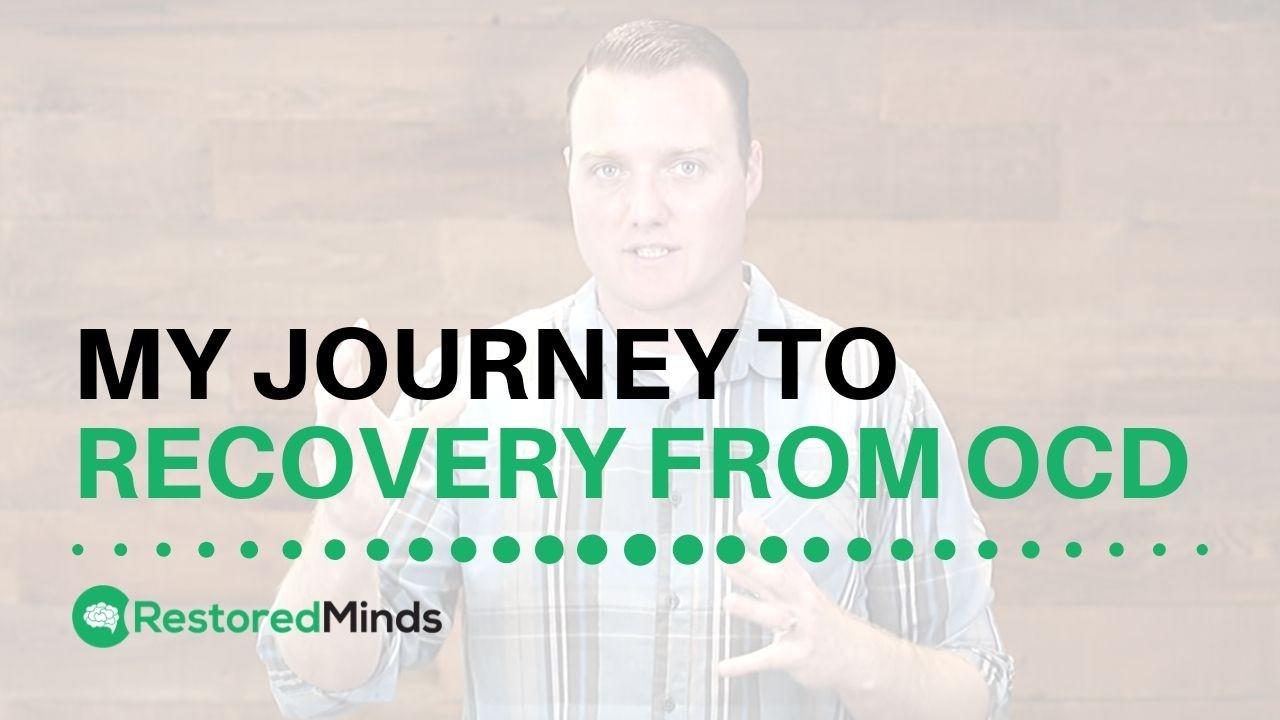OCD Recovery - My Recovery From OCD
May 03, 2019
Title: Overcoming OCD: My Personal Journey to Recovery
Introduction
Hello and welcome! My name is Matt Cotti. I'm a licensed clinical social worker and the founder of Restored Minds. Today, I want to share my personal story of overcoming Obsessive-Compulsive Disorder (OCD). Many people in mental health aim to project an image of perfection, but here, I'm committed to authenticity. If you're struggling with OCD or any form of anxiety, my journey to recovery can offer insights and hope for you.
Understanding OCD: My Early Experience
Obsessive-Compulsive Disorder, commonly known as OCD, is an anxiety disorder characterized by intrusive thoughts coupled with repetitive behaviors aimed at alleviating distress. My struggle with OCD began when I was very young, although I didn't recognize it at the time.
For instance, I used to worry about my parents dying, leading me to engage in various compulsive behaviors to 'keep them safe.' These obsessions and compulsions escalated during my college years. I found myself consumed by relentless thoughts, performing actions to neutralize my anxiety, which only worsened my condition.
The Vicious Cycle of Misdiagnosis
During my college years, I sought help from a campus therapist who, despite his good intentions, lacked knowledge about OCD. His reassurance, aimed at alleviating my worries, ironically fueled my compulsions. This cycle of ineffective treatment continued with another therapist, leaving me feeling hopeless and lost.
A Turning Point: Discovering Proper Diagnosis and Treatment
My breakthrough came unexpectedly during a conversation at a church. A lady suggested that I had OCD, which I initially dismissed. My misunderstanding of OCD led me to believe it only involved washing hands or perfectionism. However, after researching, I realized there are numerous forms of OCD that matched my experiences.
The Path to Recovery: Exposure and Response Prevention (ERP)
With a proper diagnosis, I sought help from an OCD specialist who introduced me to Exposure and Response Prevention (ERP). ERP was initially daunting as it required facing my fears head-on. However, I learned that while I couldn't control intrusive thoughts or the immediate anxiety spike, I could control my response.
Engaging in avoidance behaviors and mental or physical compulsions only perpetuated my OCD. By gradually stopping these behaviors, my brain started understanding that these 'threats' were merely thoughts and not real dangers.
Building a New Life
Completing my ERP treatment was transformative. While I still experience occasional anxiety, the frequency and intensity are greatly reduced. Overcoming smaller fears boosted my confidence to tackle bigger ones. Now, I enjoy a fulfilling life, something I never thought possible during my struggle with OCD. I've married the woman of my dreams, have a wonderful child, and now help others through their recovery journeys.
Key Takeaways for OCD Recovery
-
Seek Proper Diagnosis
: Understanding that OCD can take many forms is crucial for effective treatment.
-
Educate Yourself on ERP
: Exposure and Response Prevention (ERP) is a proven method for treating OCD.
-
Consistency and Hard Work
: Recovery is not easy, but perseverance pays off.
-
Hope and Support
: Feeling hopeless is temporary. There are tools and resources available for help.
Conclusion
If you're struggling with OCD or anxiety, remember that recovery is possible. It requires hard work and dedication, but the results are worth it. You can build the life you envision for yourself. Thank you for reading my story.


